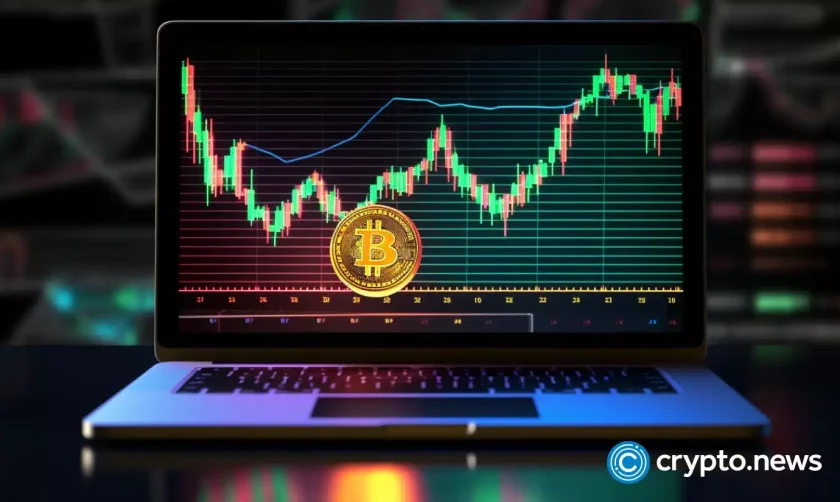Industry insiders have expressed concerns about the high crypto tax in India despite the notable surge in Bitcoin prices, which led to significantly increased demand on cryptocurrency exchanges and substantial rises in trading volumes.
CoinDCX, a popular Indian cryptocurrency platform, saw its trading volumes multiply fivefold within the past month, escalating from $5 million at the start of February to approximately $25 million by the end of the month. Sumit Gupta, the co-founder of CoinDCX, attributed this remarkable growth to the upward trajectory of Bitcoin prices in a recent interview with a local media outlet, The National.
In a similar vein, WazirX, Mumbai’s foremost cryptocurrency exchange and the largest in India, saw a 20-fold increase in trading volumes since the start of 2024. Rajagopal Menon, WazirX’s vice president, observed a notable rise in new user registrations and daily website traffic, linking this surge directly to the escalating Bitcoin prices and the resultant positive market sentiment.
Despite this surge in interest, trading volumes have not returned to their peak levels, partly due to heavy taxes on crypto transactions in India. In 2022, the government imposed a 30% tax on cryptocurrency profits and a 1% tax on all transactions. These measures have impacted retail investments, which, according to Menon, have not reached the heights seen in 2021. Concerns from Indian authorities about the risks associated with cryptocurrency trading, including potential misuse for money laundering, also contribute to the cautious approach to regulation.
However, some industry insiders still view the tax regime as the Indian government’s implicit acknowledgment of cryptocurrencies as legitimate investment vehicles.
“Over the last couple of years, the industry has seen some progress, firstly the Government’s move to include the VDA industry under the Prevention of Money Laundering Act, 2002 (PMLA) […] However, regulatory challenges, such as tax provisions introduced in the Finance Act of 2022, have remained a deterrent for further adoption,” Gupta told Crypto.news in a separate statement.
The need for regulatory clarity and confidence in the Indian cryptocurrency market remains crucial for sustaining demand. Sidharth Sogani, founder and chief executive of cryptocurrency research firm Crebaco, also highlighted the difference between the legal and regulated status of cryptocurrencies in India, pointing out that regulation would change the market dynamics significantly.
The concerns over cryptocurrency regulation have been highlighted by Indian Finance Minister Nirmala Sitharaman, who firmly stated that Bitcoin (BTC) and other digital assets should not be regarded as currencies. Sitharaman is looking forward to the G20 — comprising 19 sovereign countries, the European Union (EU), and the African Union (AU) — to establish a comprehensive regulatory framework for cryptocurrencies.
“We have always maintained that Crypto is an asset class, and we have been advocating for regulatory clarity from this perspective,” Gupta added.
“Additionally, we should understand the value that this technology is bringing. This was also made evident by recent statements made by SEBI Chairperson and Shri Uday Kotak when he drew attention to the “emergence of an alternate market and how it is being legitimized by the U.S., UK, and Europe as a major part of their future.”
Gupta further stressed the importance of global collaboration among policymakers to develop a coherent and effective regulatory framework for cryptocurrencies. He argued that such collaboration would lead to a pooling of resources, meaningful exchanges of knowledge, and faster progress toward establishing a regulatory framework that minimizes “regulatory arbitrage.”




